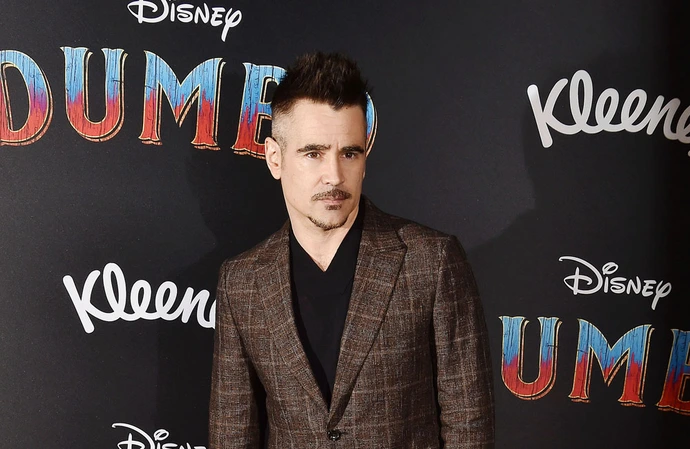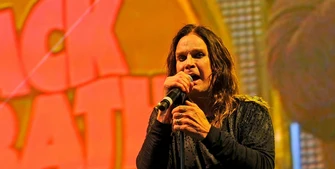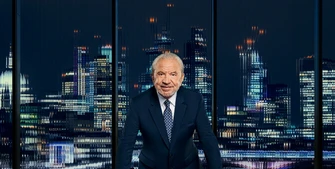Colin Farrell struggling to find disabled son residential care home to meet his needs
Colin Farrell is doing his bit to help families with adult children with disabilities like his own son to get the support they need.

Colin Farrell admits it's been a real "struggle" to find a suitable residential home for his disabled son.
The 'Penguin' star had James Padraig Farrell, 21, with US model Kim Bordenave, 52, in 2003 – and four years later he announced the youngster had Angelman syndrome, a rare genetic disorder characterised by intellectual and developmental delay, lack of speech, and an excitable demeanour.
And the 48-year-old actor says all the money in the world hasn't been enough to find somewhere for his son to live that gives him full confidence that all his support and needs will be met.
He told WHO magazine: "Even with the means that I have, it's a struggle to find suitable residential care - somewhere James can go and live a really happy and connected life, where he feels like he belongs within the community, where he can be challenged, where he can be taken care of and treated with a similar version of the love that myself and his mother have been able to share with him over the years."
The 'Phone Booth' actor realised it must be even harder for families who cannot afford huge care bills and so he's doing his bit through his Colin Farrell Foundation - which helps adult children who have intellectual disabilities through advocacy, education, and innovative programmes.
He continued: "In realising that, I thought, 'Oh, my God, if I'm having these difficulties, what about all the other families out there that don't have anything close to the means that I have?"
Colin - who also has 15-year-old son Henry with Polish actress Alicja Bachleda-Curuś - admits it would be his worst nightmare if he and Kim departed the world before they found a place for James to live a "full life".
He said: "My horror would be that if I have a heart attack tomorrow, and James' mum has a car crash and she's taken, then he's on his own.
"We want to find somewhere now while we're still alive and healthy that we can go and visit him there, and we can take him out but we know he is somewhere where he can have a full, connected life long after we are gone."







